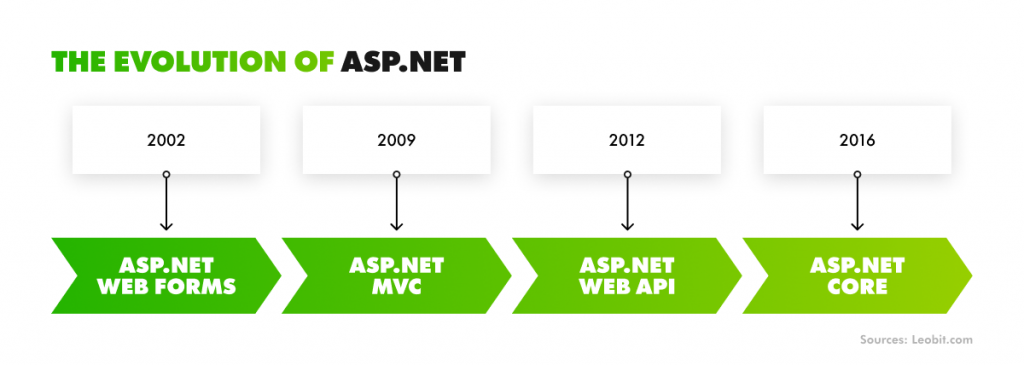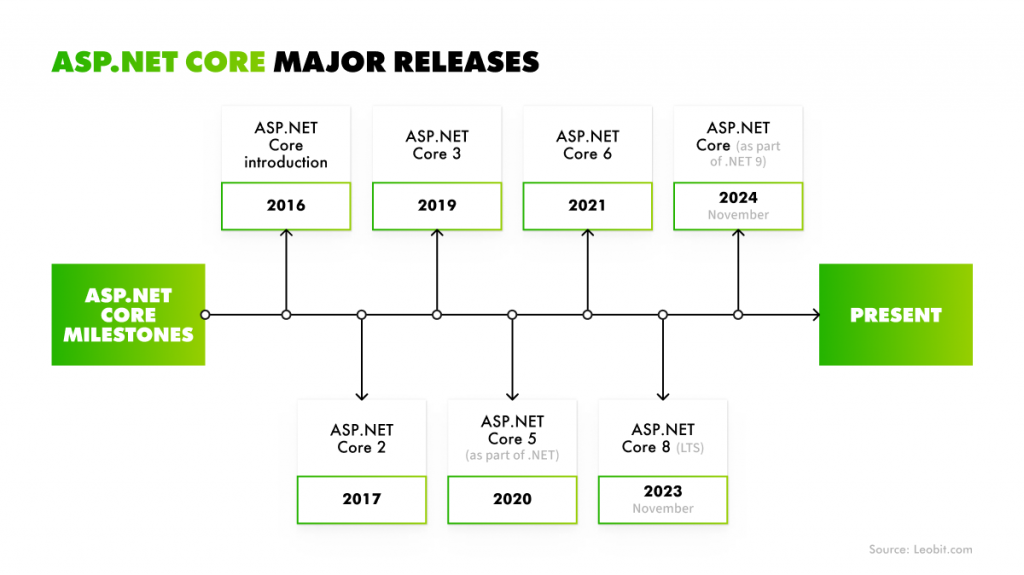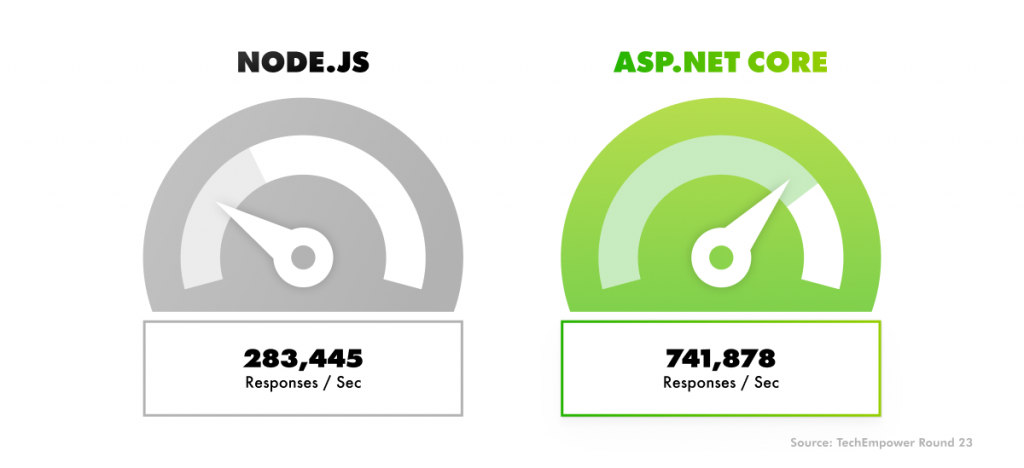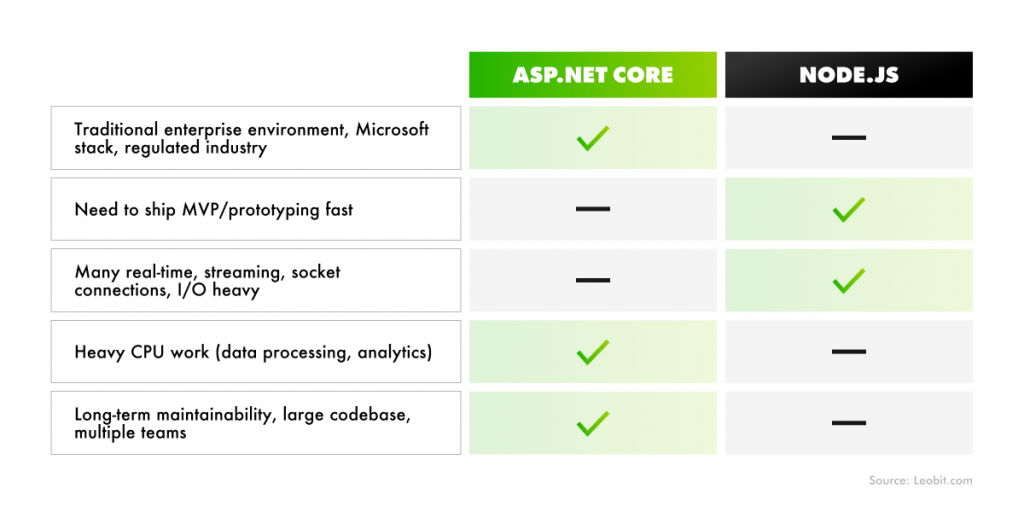The technology stack selected today shapes your business’s capabilities for years. It directly impacts the scalability, performance, and long-term stability of your software product. When it comes to back-end development, ASP.NET Core and Node.js are among the most widely used back-end technologies globally. Their popularity isn’t just hype: both are powerful, widely used, and backed by strong communities. However, they take very different approaches to building modern web applications.
In this article, we compare ASP.NET Core with Node.js against performance, development speed, talent availability, and other parameters to help you choose the proper framework for your custom software development.
But let us start from the basics.





















